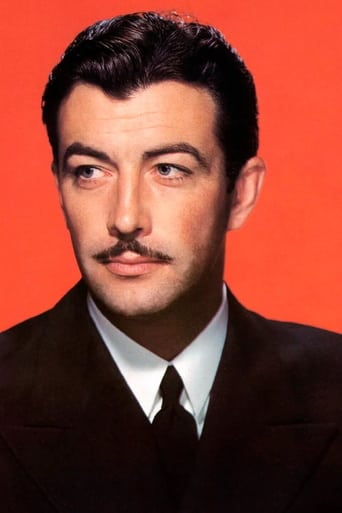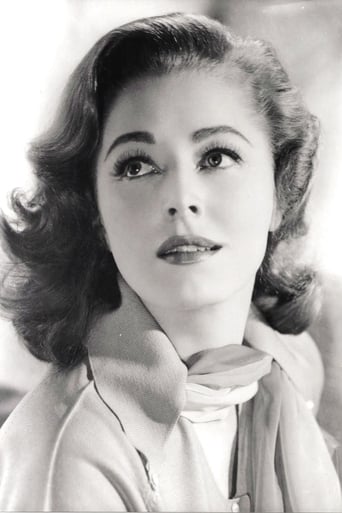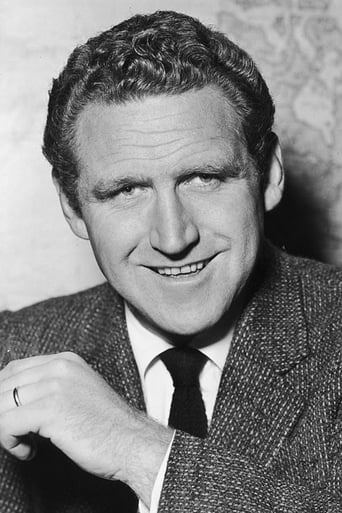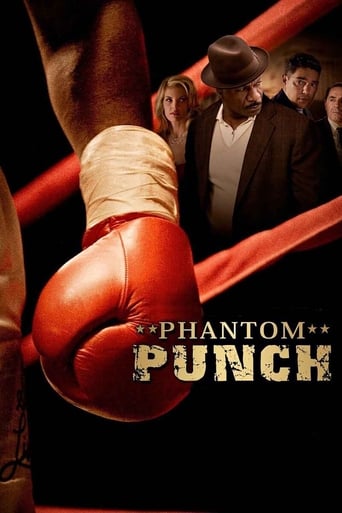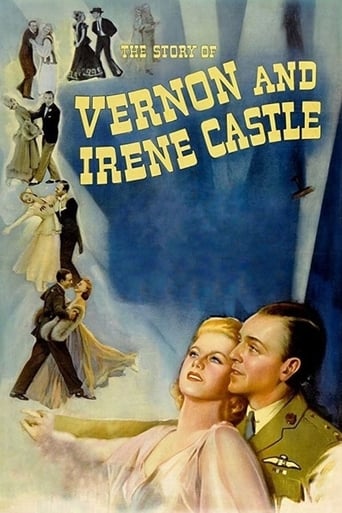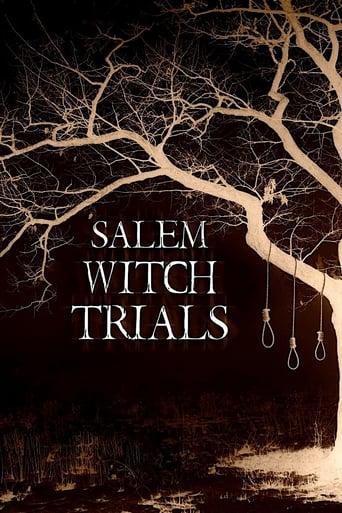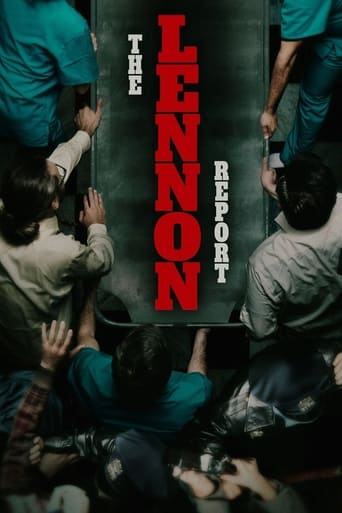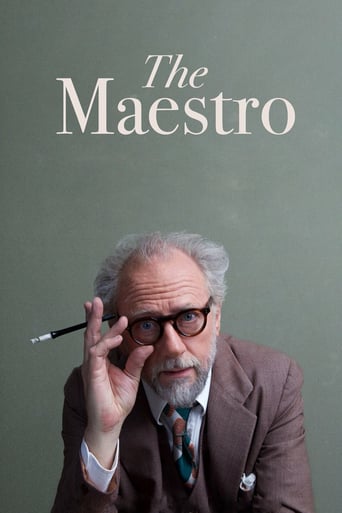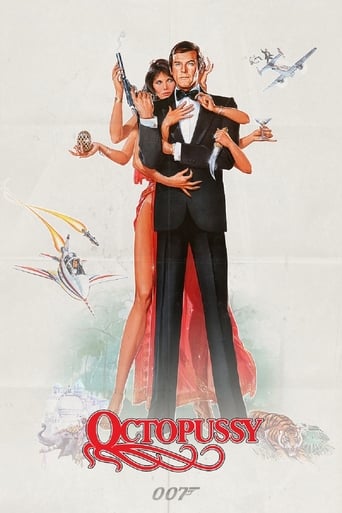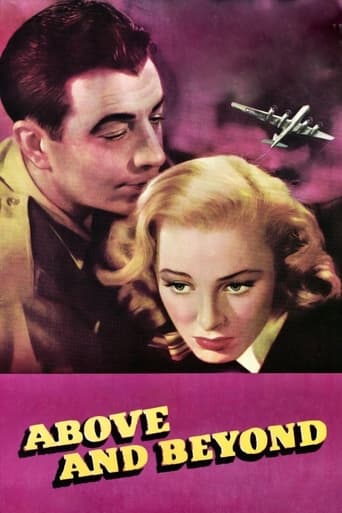
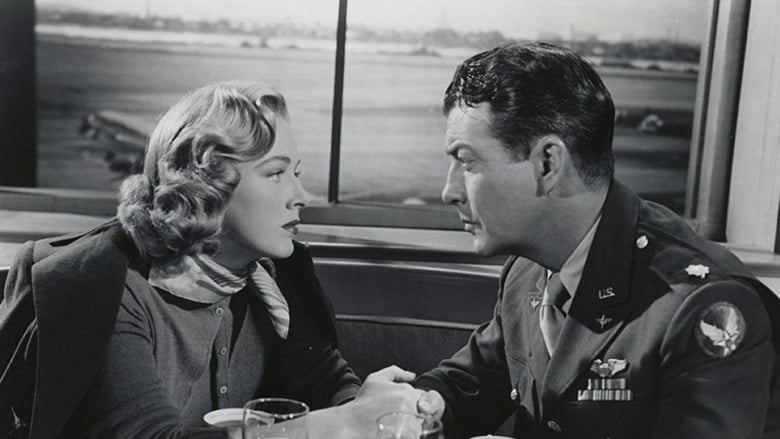
Above and Beyond (1953)
The story of Colonel Paul Tibbets, the pilot that dropped the atomic bomb on Hiroshima. Although unaware of the full potential of this new weapon, he knows that it can do tremendously more damage than any other weapon used before, and that the death toll resulting from it will be huge. He is reluctant to be the person who will end so many lives, but as time goes on, the pressure upon him only increase.
Watch Trailer
Cast


Similar titles
Reviews
Despite my love for aviation films, I somehow never got around to seeing "Above and Beyond" until now. Much of this is because although I like airplane films, I incorrectly assumed that this movie would basically be a by the numbers and very dull documentary about the dropping of the first atomic bomb. Seeing them recreate this somewhat mundane process depressed me and I only got around to seeing it finally because the film starred Robert Taylor--an exceptional actor. Fortunately, my assumptions about the film were mostly wrong--and it was a very good retelling of this true story.I think the biggest reason I liked "Above and Beyond" is because it does NOT show as much of the technical aspects as I thought it would. Instead, it focused a lot of the film on the personal toll the project took on its commander, Col. Tibbets. Now this is NOT the toll on him after the dropping of the first A-bomb (he actually seemed to have no problems with this from everything I've read--saying that it DID help end the war)--but how the secrecy demands of the project took a major toll on the Colonel's marriage. I had just assumed, incorrectly, that Tibbets was some guy chosen at the last minute to command this mission and that he was already serving in the Pacific. Instead, he was picked long before and headed an unit in Utah that spent many, many months working out the specifics of the bombing. The security for all this surprised me--as I'd just assumed this was only for the Manhattan Project itself.Interesting, well-written and acted, this is a nice historical piece that is both fascinating and entertaining. I was particularly impressed by the recreation of the atomic bomb drop from the point of view of the crew as it happened--it was well done and believable. The only negative, if there is one, is that the film really doesn't even mention the second bomb dropped a few days later--a bit on an odd omission. I guess being second doesn't hold a lot of interest to most folks.
This movie is the best production of the first A-bomb attack. Though Hollywood produce another shortly after the war and despite the cast, Brian Donlevy, as General Groves, and Robert Walker it was highly fictional.My late uncle served with Colonel Tibbits in the 509th and he said that Robert Taylor captured the colonel exactly. James Witmore is very effective as the security officer whose task is as difficult as Taylor's. The film captures the enormity of the task of developing the A-Bomb in almost total secrecy from the public and the enemy.The grimness of this is clearly shown throughout the movie. There is very little flag-waving in this picture and one does not fail to realize that the bombing was necessary to prevent a greater loss of life if the Japanese homeland was invaded.
"Above and Beyond" stars Robert Taylor and Eleanor Parker and chronicles the story of Paul Tibbets, the man who dropped the bomb on Hiroshima in 1945. The event today, seen with modern eyes, is more unsavory than it was to people who lived in the midst of World War II. I watched the film with a skewed perspective unheard of in the '40s, as I interviewed Hiroshima survivors some years ago and discussed the event and their various health problems with them. Known as the "hibachi," they are human beings like everybody else. But as we all know, in war, human life is cheap, especially as far as warring governments are concerned.The story as told in "Above and Beyond" is factually correct. The focus is not just on the technical details of outfitting the planes, the training, the secrecy, the testing, etc., but also on Tibbets' personal life. I read Tibbets married in 1953 or 1954, but I did not learn if he had a wife at the time of Hiroshima. In this movie, he had a wife and two small children. The high security of the base, the constant pressure of Tibbets' work, and the weight of the act he was to perform put a strain on his marriage and his relationships with friends. I suspect most of the personal life aspects of the film were heavily fictionalized. First of all, in the movie, the character of Tibbets is deeply conflicted about his assignment. In real life, Tibbets never had a moment of regret. Secondly, one would think a military wife would have understood that if security was so high and her husband was abrupt and tense - and there was a war on - there must be a reason other than "he's changed." Instead, he is accused by her of "playing it too big." She even takes her confusion to one of his bosses, who, instead of saying, "Your husband is working on something important and is under a lot of pressure," gives her no help at all. But that was probably to get her off of the airbase.Robert Taylor was about 40 when this movie was made. It was a different world then - cigarettes and the lack of an eyelift robbed him of his boyish beauty, but he was still ruggedly handsome and does well in the role. Taylor wasn't a great actor, nor was he a bad one. Like his 20th Century Fox counterpart, Tyrone Power, he suffered at the hands of the critics because of his outrageous good looks, but he was always believable in the right role. Eleanor Parker is lovely and effective as his wife.The film was obviously meant to show the action of dropping the bomb and to put the character of Tibbets in a sympathetic light. The stars are likable, it's thought provoking, and of some interest. It has, of course, the Robert Alda as Gershwin moment - you know, "I'll write a rhapsody - a Rhapsody in Blue" when Tibbets is asked what he wants to name the plane, and he decides on "Enola Gay." It's for historians to say if in actuality this horrendous event by the Enola Gay shortened the war and saved lives, and they've been arguing about it for years. I can't say. I didn't live through the war; I just interviewed some of its victims.
This movie is a perfect example of how to use Hollywood to manipulate public opinion. Let's hope it has changed.My guess is that this movie has no artistic origin. It must have been made based on an almost direct order from the political influences at the time. Notice the absence of quality actors and directors etc.TCM is running this movie presently. Let's hope this will mean that people will learn more from this movie than ever was intended by its makers.So whatever made Robert Taylor, the airace to end all airaces, accept this part? Maybe, afterall, he also lost his heart in the Waterloo Bridge traffic that so compellingly claimed Myra's life a few years earlier.


